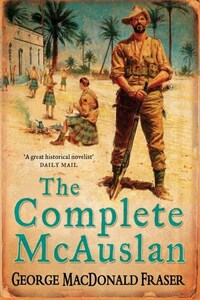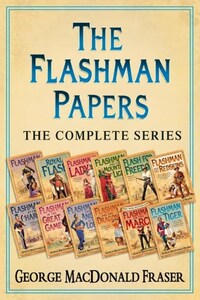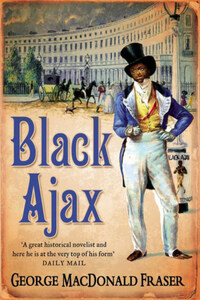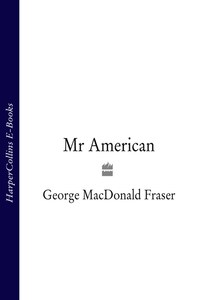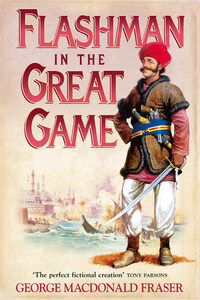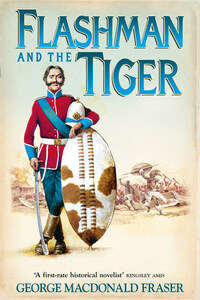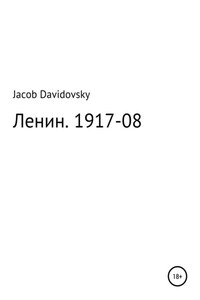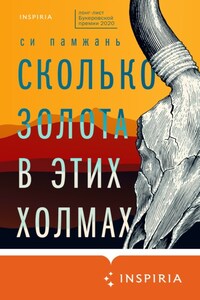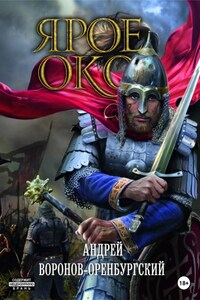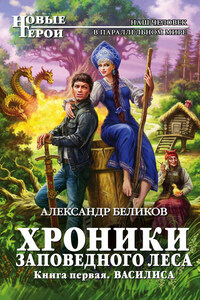THE COMPLETE McAUSLAN
GEORGE MACDONALD FRASER
These novels are entirely a work of fiction. The names, characters and incidents portrayed in them are the work of the author’s imagination. Any resemblance to actual persons, living or dead, events or localities is entirely coincidental.
Harper An imprint of HarperCollinsPublishers Ltd. 1 London Bridge Street London SE1 9GF
www.harpercollins.co.uk
The General Danced at Dawn first published by Barrie & Jenkins Ltd. 1970
‘The General Danced at Dawn’ and ‘Guard and the Castle’ were first published in Scotland’s Magazine under the by-line ‘By Dand MacNeill’, and part of ‘Monsoon Selection Board’ in The Red Poppy.
The Sheikh and the Dustbin first published by Collins Harvill 1988
McAuslan in the Rough first published by Barrie & Jenkins Ltd 1970
Copyright © George MacDonald Fraser 1970, 1988, 1974
George MacDonald Fraser asserts the moral right to be identified as the author of these works
A catalogue record for this book is available from the British Library
All rights reserved under International and Pan-American Copyright Conventions. By payment of the required fees, you have been granted the nonexclusive, nontransferable right to access and read the text of this ebook on-screen. No part of this text may be reproduced, transmitted, downloaded, decompiled, reverse engineered, or stored in or introduced into any information storage and retrieval system, in any form or by any means, whether electronic or mechanical, now known or hereinafter invented, without the express written permission of HarperCollins ebooks
HarperCollinsPublishers has made every reasonable effort to ensure that any picture content and written content in this ebook has been included or removed in accordance with the contractual and technological constraints in operation at the time of publication
Source ISBN: 9780006513711
Ebook Edition © DECEMBER 2013 ISBN: 9780007325665 Version: 2018-11-01
THE GENERAL DANCED AT DAWN
GEORGE MACDONALD FRASER
Our coal-bunker is old, and it stands beneath an ivy hedge, so that when I go to it in wet weather, I catch the combined smells of damp earth and decaying vegetation. And I can close my eyes and be thousands of miles away, up to my middle in a monsoon ditch in India, with my face pressed against the tall slats of a bamboo fence, and Martin-Duggan standing on my shoulders, swearing at me while the rain pelts down and soaks us. And all around there is mud, and mud, and more mud, until I quit dreaming and come back to the mundane business of getting a shovelful of coal for the sitting-room fire.
It is twenty years and more since I was in India. My battalion was down on the Sittang Bend, trying to stop the remnants of the Japanese Army escaping eastwards out of Burma – why we had to do this no one really understood, because the consensus of opinion was that the sooner Jap escaped the better, and good luck to him. Anyway, the war was nearly over, and one lance-corporal more or less on the battalion strength didn’t make much difference, so they sent me out of the line to see if a War Office Selection Board would adjudge me fit to be commissioned.
I flew out and presented myself to the board, bush-hat on head, beard on chin, kukri on hip, all in sweaty jungle green and as tough as a buttered muffin. Frankly, I had few hopes of being passed. I had been to a board once before, back in England, and had fallen foul of a psychiatrist, a mean-looking little man who bit his nails and asked me if I had an adventurous spirit. (War Office Selection Boards were always asking questions like that.) Of course, I told him I was as adventurous as all get-out, and he helped himself to another piece of nail and said cunningly:
“Then why don’t you sign on to sail on a Norwegian whaler?”
This, in the middle of the war, mark you, to a conscript. So, thinking he was being funny, I replied with equal cunning that I didn’t speak Norwegian, ha-ha. He just loved that; anyway, I didn’t pass.
So I flew out of Burma without illusions. This particular board had a tough reputation; last time, the rumour went, they had passed only three candidates out of thirty. I looked round at my fellow applicants, most of whom had at least three stripes and seemed to be full of confidence, initiative, leadership, and flannel – qualities that Selection Boards lap up like gravy – and decided that whoever was successful this time it wasn’t going to be me. There were two other Fourteenth Army infantrymen, Martin-Duggan and Hayhurst, and the three of us, being rabble, naturally drifted together.
